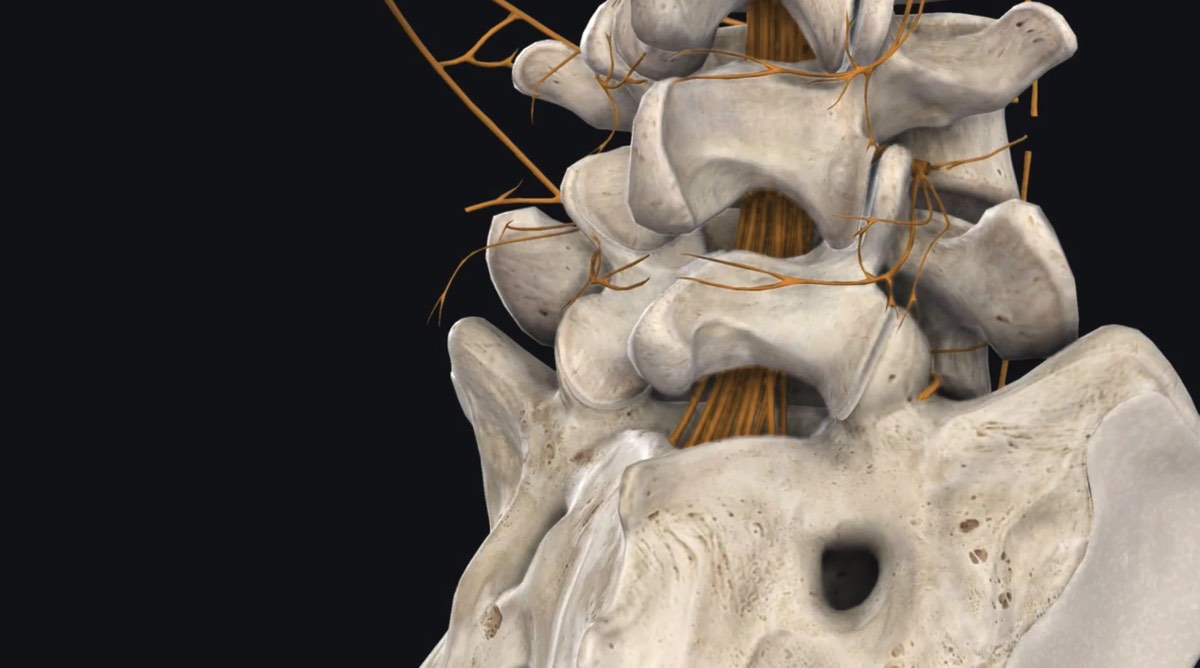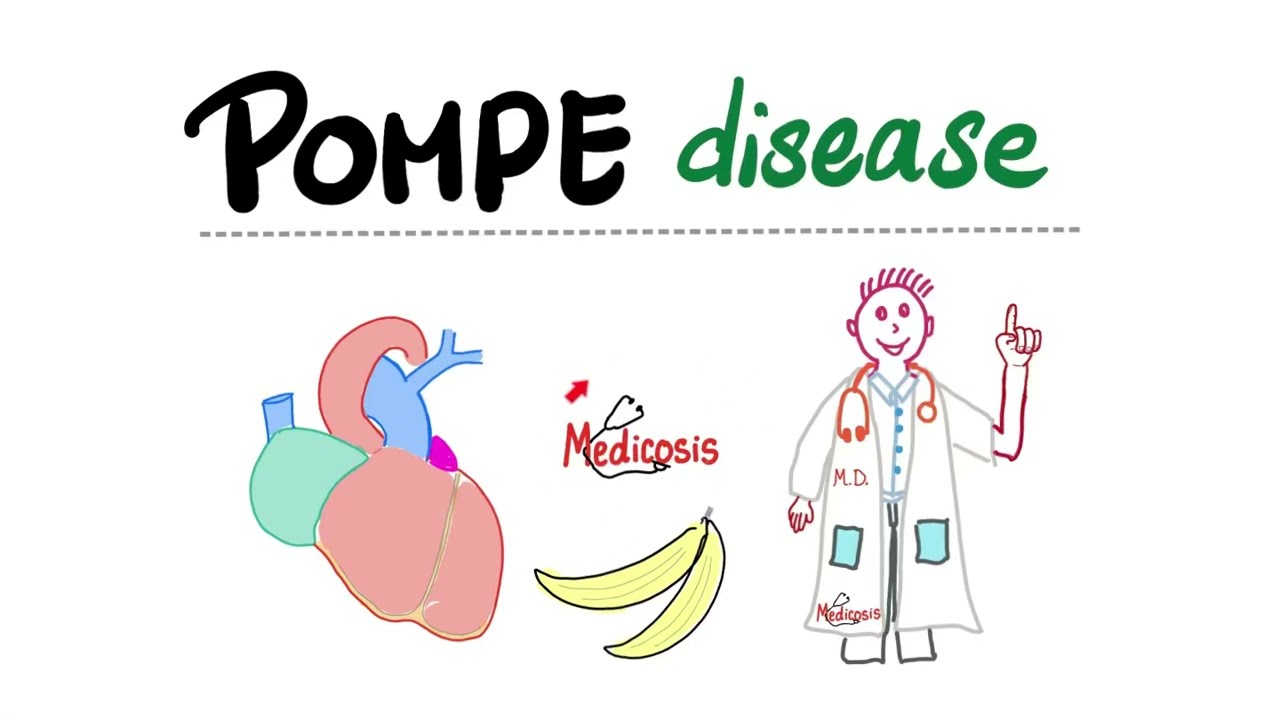More subclinical respiratory depression with ketamine than propofol for sedation
Reuters Health • The Doctor's Channel Daily Newscast
In a non-blinded randomized trial comparing the two drugs, Dr. James R. Miner from Hennepin County Medical Center, Minneapolis, and colleagues found ketamine had an unexpected effect on respiration.
“We were surprised to find ketamine had a rate of subclinical respiratory depression higher than that for propofol,” they write. While both drugs were safe and effective, “The use of ketamine for procedural sedation in adults may not be as beneficial as propofol.”
Dr. Miner and colleagues randomly assigned 50 patients to propofol and 47 to ketamine. Before sedation, patients were treated for pain as needed with IV morphine at 0.1 mg/kg followed by 0.05 mg/kg every 10 minutes. Both sedatives were delivered IV at 1 mg/kg followed by 0.5 mg/kg every three minutes as needed.
In the ketamine group, 64% of patients had subclinical respiratory depression, defined as a change from baseline in end-tidal CO2 of >10 mm Hg, an oxygen saturation of <92%, or airway obstruction with cessation of gas exchange. In the propofol group, only 40% had subclinical respiratory depression (p=0.02).
The number of clinical interventions related to respiratory depression was not significantly different between the propofol and ketamine groups (52% vs. 40%, respectively; p=0.25).
There were no serious adverse events in the study. Patients receiving ketamine took longer to recover mentally after the procedure (median recovery time 14 vs. 5 minutes, p<0.05) and were more often agitated during recovery (17 vs. 4, p<0.05)
“The increased time to the return of baseline mental status does not represent an adverse event,” Dr. Miner and colleagues say, “however, an increased need for monitoring after the procedure is not of any benefit to the patient and potentially makes ketamine less useful for ED procedural sedation than propofol.”
In contrast to ketamine, propofol is generally not considered to have analgesic properties. The researchers note that slightly more patients receiving propofol reported pain during the procedure (6% vs. 2%), but add that “our study was too small and the rate too infrequent to allow us to draw conclusions from this.”
Reference:
http://www3.interscience.wiley.com/journal/123491276/abstract
Acad Emerg Med 2010;17:604-611.









